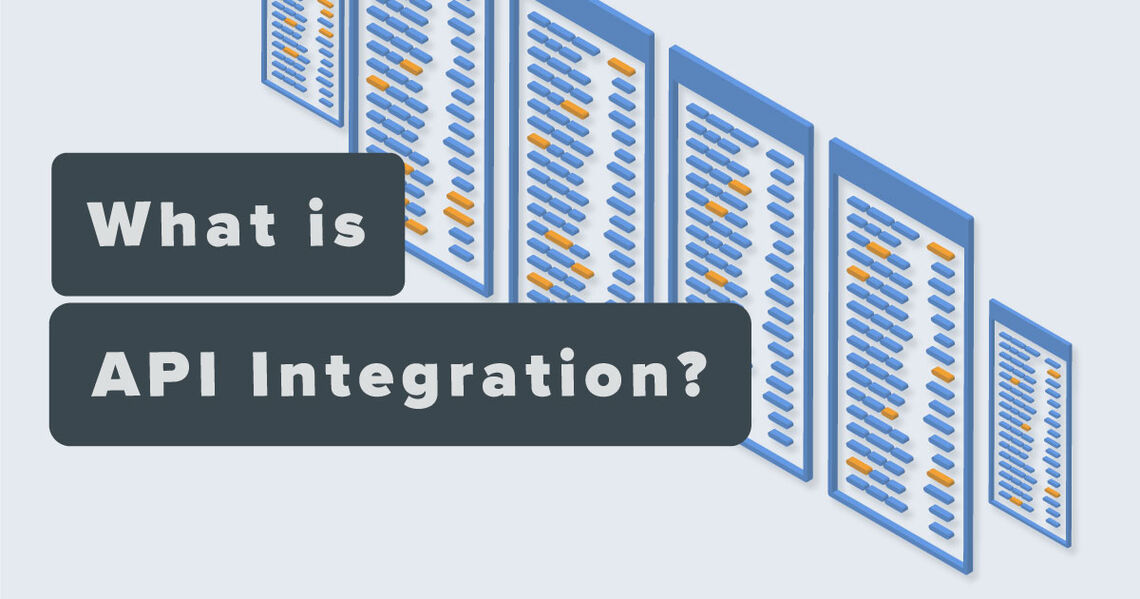Blog
What Is an API integration and Why Is It Important?
An API delivers critical communication throughout the internet. But how do you put it all together?

An API delivers critical communication throughout the internet. But how do you put it all together?


April 28th, 2021
An API delivers critical communication throughout the internet. But how do you put it all together?
Most of the internet sites that you visit are conducting private communications behind the scenes...and you probably aren’t even aware of it. For example, when you order something from an online store, the payment is processed by a separate merchant, the invoice is sent to a warehouse and your customer information is stored in a marketing database. This exchange is handled transparently via an API. Modern websites, apps and businesses use this technology to expand the value of their site. Websites and services are no longer relegated to localized features.
API stands for Application Programming Interface. It’s basically a set of digital messages that communicate via a common protocol. An API enables interaction between various platforms like an ecommerce site, mobile app, shipping warehouse or other global data resources. This connectivity is a crucial part of today’s internet.
Think of an API like the pipes and wires inside the walls of your house. You don’t see them but they’re delivering critical services throughout your home. An API delivers critical communication throughout the internet. But how do you put it all together?

An API integration is the process of writing code or developing an app that utilizes one or more API services to automatically consume and exchange data. For example, an API integration can allow an ecommerce site to send orders to an offsite warehouse for processing and shipping. It resides between these systems as a “middleware” transferring the information. Important details like credit card numbers and customer shipping addresses are sent via these API transmissions. Not to mention, security concerns and privacy are an essential part of a proper API integration.
Working with an API to exchange information comes with important technical obligations. There are different API protocols, authentication requirements, privacy concerns, speed issues, bandwidth and custom business rules. Due to its complexity and major implications on a business, this type of enterprise level solution is best handled by technical professionals. You don’t want your website featured on the local news for leaking customer data. This is a very real possibility and even happens to major corporations!
Using an API allows businesses or websites to communicate in real-time with other participating services. Data from any global supplier can be included and utilized by any site giving the customer a powerful experience. If you’re looking to scale your business, consider incorporating an API to unlock real-time communication and partner services with an experienced team by your side; they will outline the required third-party systems and devise an integration strategy to securely achieve your business goals.